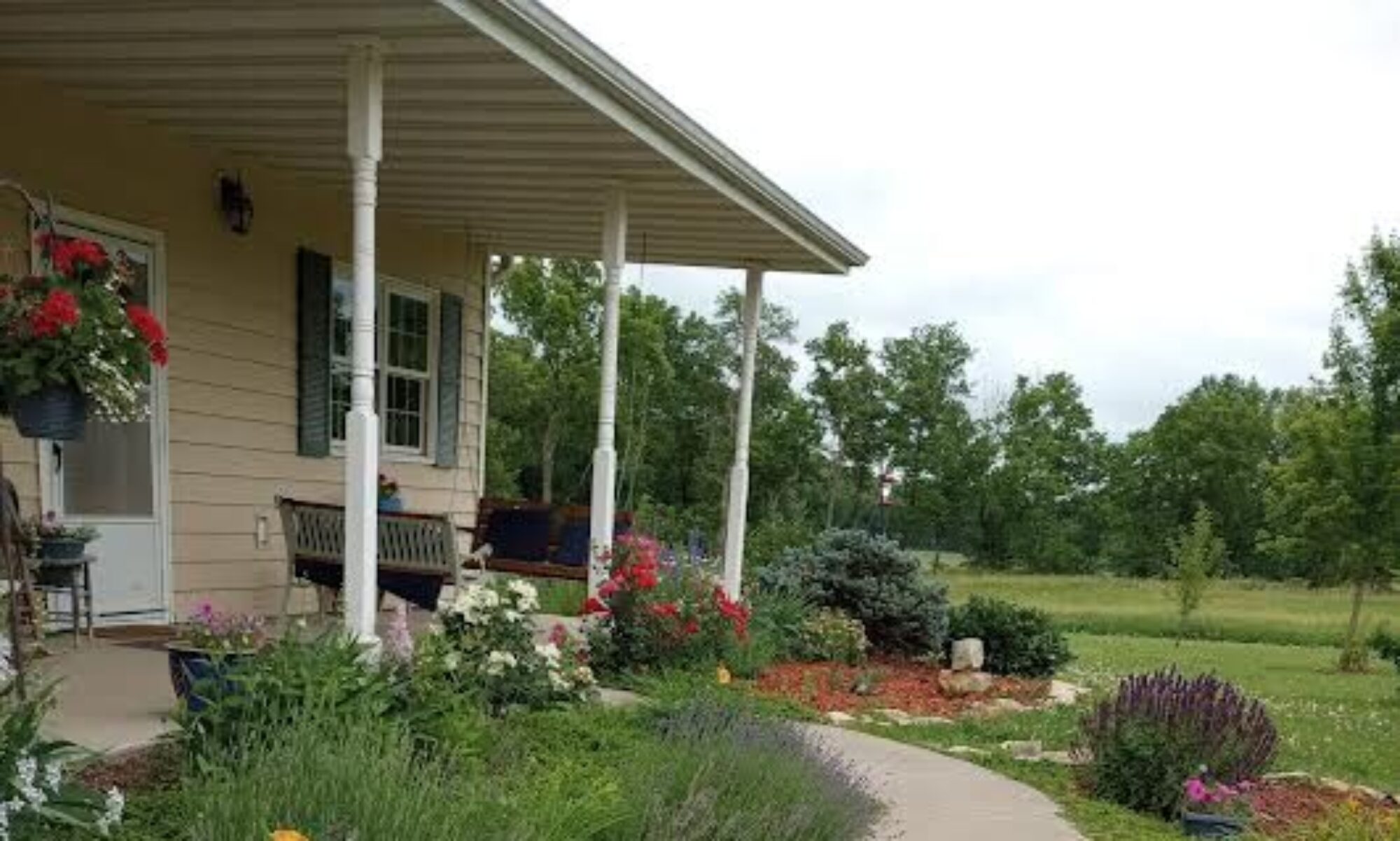I do believe that God plants into our souls an expectation of His miraculous presence in our world, and He is pleased when we do not simply submit to the mundane, to the ho-hum life of mediocrity, but press for the life that is “above and beyond all that we ask or think.” Perhaps, the verse “I would have fainted if I had not seen the hand of the Lord in the land of the living,” was the impetus to my vision, my dreams. I seemed to be blessed with vision; my dear mother accused me of wearing “rose colored glasses” in my early years. Maybe it was good that I was not the dominant leader in our adventure at the farm; I was the quiet visionary with my hopes and dreams, but I could “see” some of the potential of this property that we had bought.
One fact that most married couples discover through years of togetherness is that, although both husband and wife may speak the same language and say the same words, many times the ideas behind the words are quite different. As Judd and I began our venture in ministry at the farm, we realized that we acted out our dream differently. We were not totally different in commitment, but quite different in type of commitment to a dream. I was expecting something to happen that would be life-changing, maybe even world-changing . . . and I had made a commitment to God to dedicate every inch of every acre to ministry. Judd immersed himself in the realities of buying an old farm, the work, the unexpected expense, taming the wild territory, and doing it with a group of young people who had creativity and youth on their side. But, while Judd saw the land as our own personal property and responsibility, I saw it as God’s property, and fully expected Him to work with us in accomplishing the goals that He would set for us. So . . . you can see we were at logger heads at times: Judd feeling that I expected him to do all the work, and I feeling that Judd might be inhibiting God’s leading by his own sense of overwhelming responsibility. Oh, we had much to learn! But the learning was all part of the maturation process, the growing in spiritual stature and knowledge of ourselves, each other, and of our Father.
It was difficult for me to give up my “wish dream,” as I later was able to call it. I had fully believed that the farm would be a full-time occupation for me, not to “farm” it, but to manage it as a ministry. I believed that there would be people coming and going throughout the week, there would be weekend conferences and retreats, and daily visitors who would come for retreats; all this activity would need a coordinator, a hostess. Besides, I had a family to nurture, to feed, to support emotionally. My “call” was to stay home and to do ministry on this farm that God had given us. It was a commitment!
Judd was working full-time and was also getting his PhD. He never does things casually, but had committed himself to graduating from the program in three years. All this besides hosting and leading this little band of “Wellspring.”
And he was convinced that I must go to work full-time, helping with income and being more productive than just a stay-at-home mom now that the children were all in school.
For months this was a source of extreme contention between us. I felt called to my children, to the farm, to ministry. Without my available presence, I could see our family becoming disjointed, with everyone going their own way. I was the glue who held things together, who kept track of everyone. And what would happen to the ministry at the farm?
I begged God to provide the money that would enable me not to go to work. I tried to raise money with a few letters, but that was very distasteful to me; I thought maybe we would inherit money. Every day I would go to the mailbox looking for the money that I thought God would supply. Remember, I had read L’Abri. Always when they needed money, it would come in some unexpected fashion. Surely, the God who supplied their needs could supply ours!!
I was fearful of abandoning my family and my commitment to God. I had unsettling dreams about becoming so busy that I would lose my relationship with God. One dream that I had remains vivid in my memory: I was walking in a crowd of people on a busy street going intently toward some unknown destination. We were passing others going the opposite direction. Suddenly I had a horrible feeling that I had missed something. As I turned around to look behind me, I recognized the back of a man going slowly with the crowd. I knew instantly that it was Jesus, and I had not recognized Him. My heart was broken, and I woke from my dream in tears.
God never provided the money I had prayed for. Nor did Judd change his mind.
How does a child of God respond? Does she choose to feel abandoned? Does she allow resentment to fill her heart? Does she give up on her dreams? Or, can she walk in faith of a sovereign God who loves her? (More to come)





